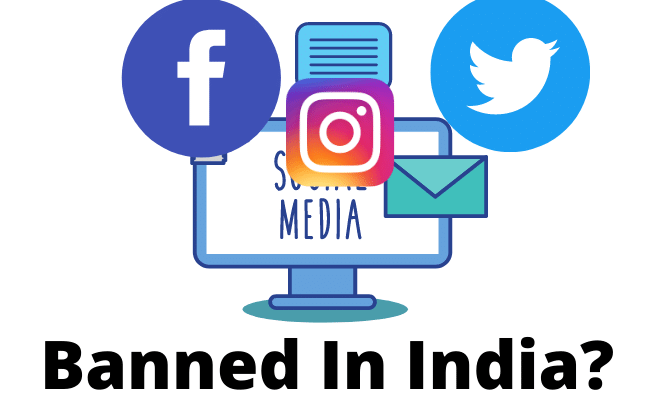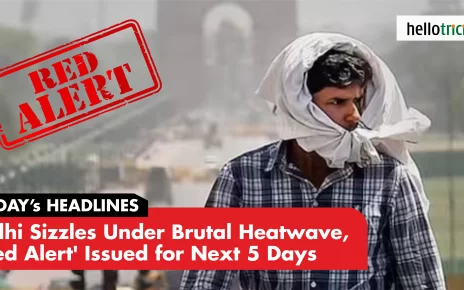The Ministry of Electronics & Information Technology (MEITy) on February 2021 released new IT guidelines that all social media platforms like Twitter, Facebook and Instagram have to follow to run in India. These new IT rules gave social media giants a three-month time frame (till May 25) to comply or they will be banned in the country. But, only Koo (an Indian alternative to Twitter) has been following the rules religiously whereas its counterpart has failed to do so.
If they fail to comply with the new rules, the social media giants may lose their status and protections as intermediaries and criminal action can be taken against them as per the laws of India.
This is the reason why many people are wondering about “is Twitter getting banned in India?”
Facebook, on May 25 (Tuesday), said that it is aiming to comply with the rules
and is holding further discussions. “We aim to comply with the provisions
of the IT rules and continue to discuss a few of the issues which need more
engagement with the government. Pursuant to the IT Rules, we are working to
implement operational processes and improve efficiencies. Facebook remains
committed to people’s ability to freely and safely express themselves on our
platform,” a Facebook spokesperson said. Twitter, however, has not made any
comments on the same.
What are the new rules and regulations that need to be followed by social media platforms?
-Appoint a Chief Compliance Officer who shall be responsible for ensuring compliance with the Act and Rules. Such a person should be a resident in India. -Appoint a Nodal Contact Person for 24×7 coordination with law enforcement agencies. Such a person shall be a resident in India.
-Appoint a Resident Grievance Officer who shall perform the functions mentioned under Grievance Redressal Mechanism. Such a person shall be a resident in India.
-Publish a monthly
compliance report mentioning the details of complaints received and action
taken on the complaints as well as details of contents removed proactively by
the significant social media intermediary.
-Removal of Unlawful Information: An intermediary upon receiving actual
knowledge in the form of an order by a court or being notified by the
Appropriate Govt. or its agencies through authorized officer should not host or
publish any information which is prohibited under any law in relation to the
interest of the sovereignty and integrity of India, public order, friendly
relations with foreign countries etc.
-Social media companies will have to take down posts depicting nudity or morphed photos within 24 hours of receiving a complaint.
-The rules also state that users who voluntarily want to verify their accounts should be given an appropriate mechanism to do so, and be accorded a visible mark of verification.
-Significant social media intermediaries providing services primarily in the nature of messaging shall enable identification of the first originator of the information that is required only for the purposes of prevention, detection, investigation, prosecution or punishment of an offence related to sovereignty and integrity of India, the security of the State, friendly relations with foreign Statesor public order or of incitement to an offence relating to the above or in relation with rape, sexually explicit material or child sexual abuse material punishable with imprisonment for a term of not less than five years. Intermediary shall not be required to disclose the contents of any message or any other information to the first originator.
-Significant social media intermediary shall have a physical contact address in India published on its website or mobile app or both.




